Have a question?

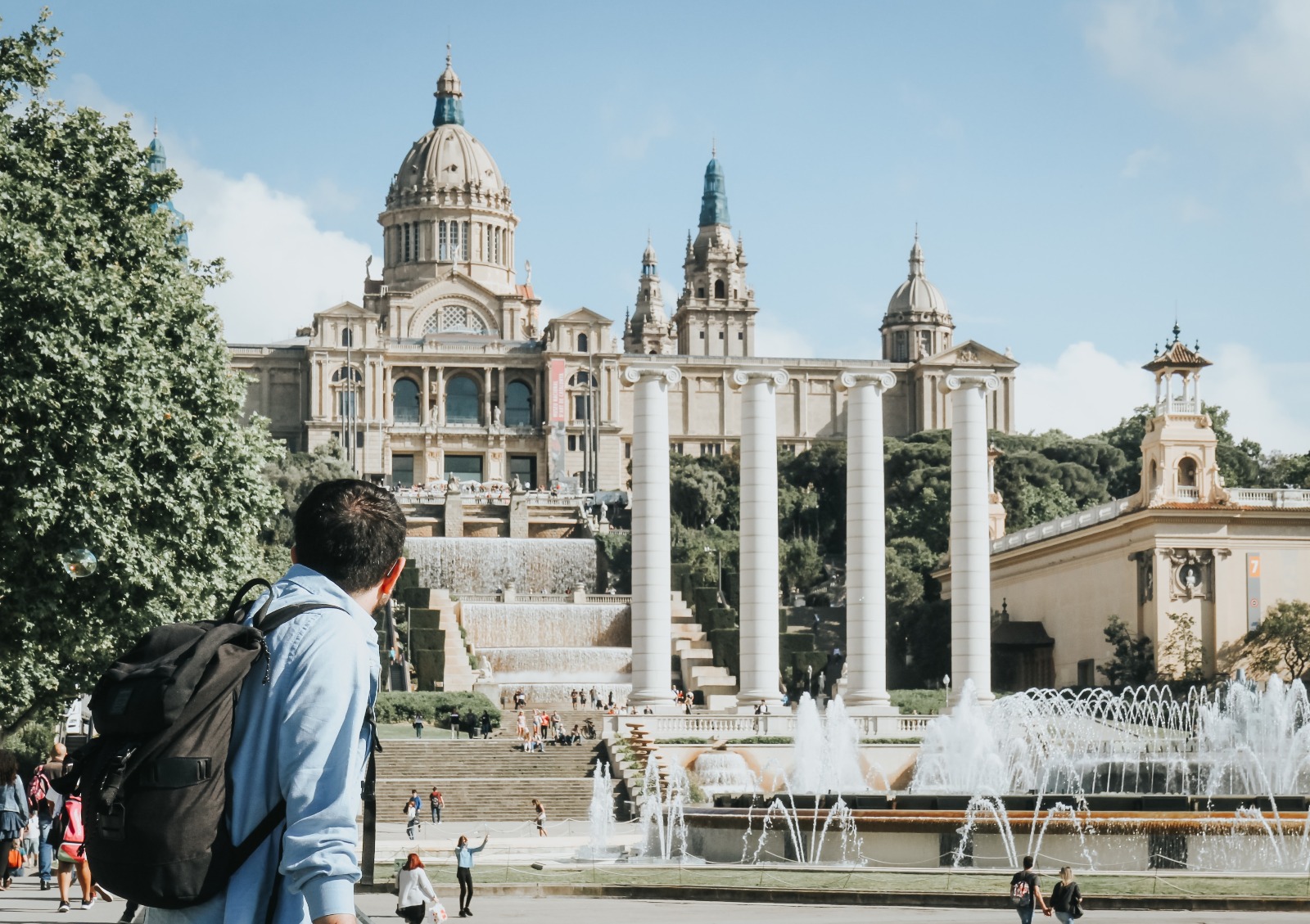
Is Spain safe for travel in 2024? Generally, yes! With the right precautions, travelers can absolutely reduce their risk while visiting Spain.
Locals in Spain gave us some tips about staying safe in their country. With their help, we put together this guide, which covers everything from the COVID pandemic to tips for solo travelers.
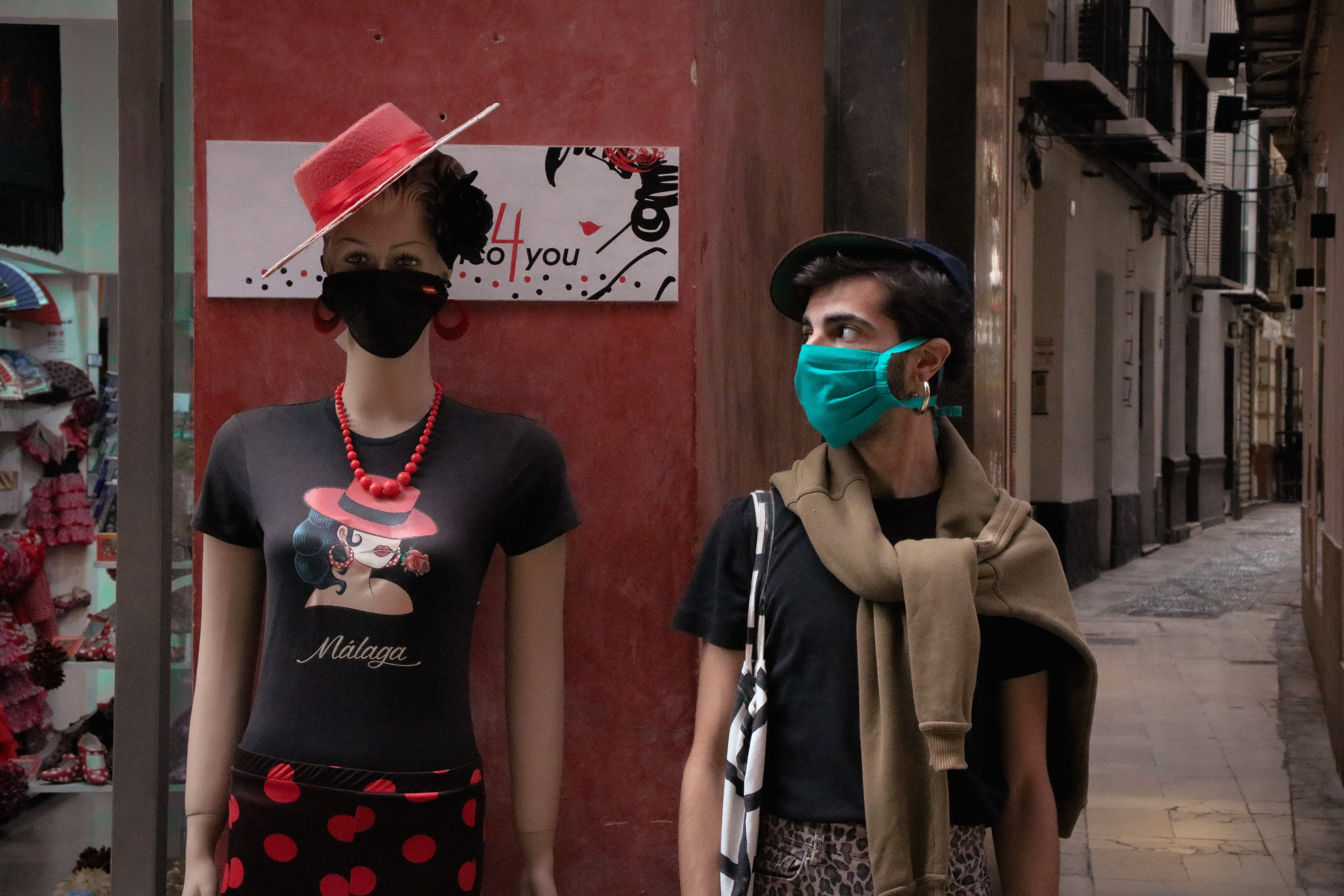
Spain has recently loosened restrictions on Americans, making this delightful destination much more accessible. Here's what you need to know:
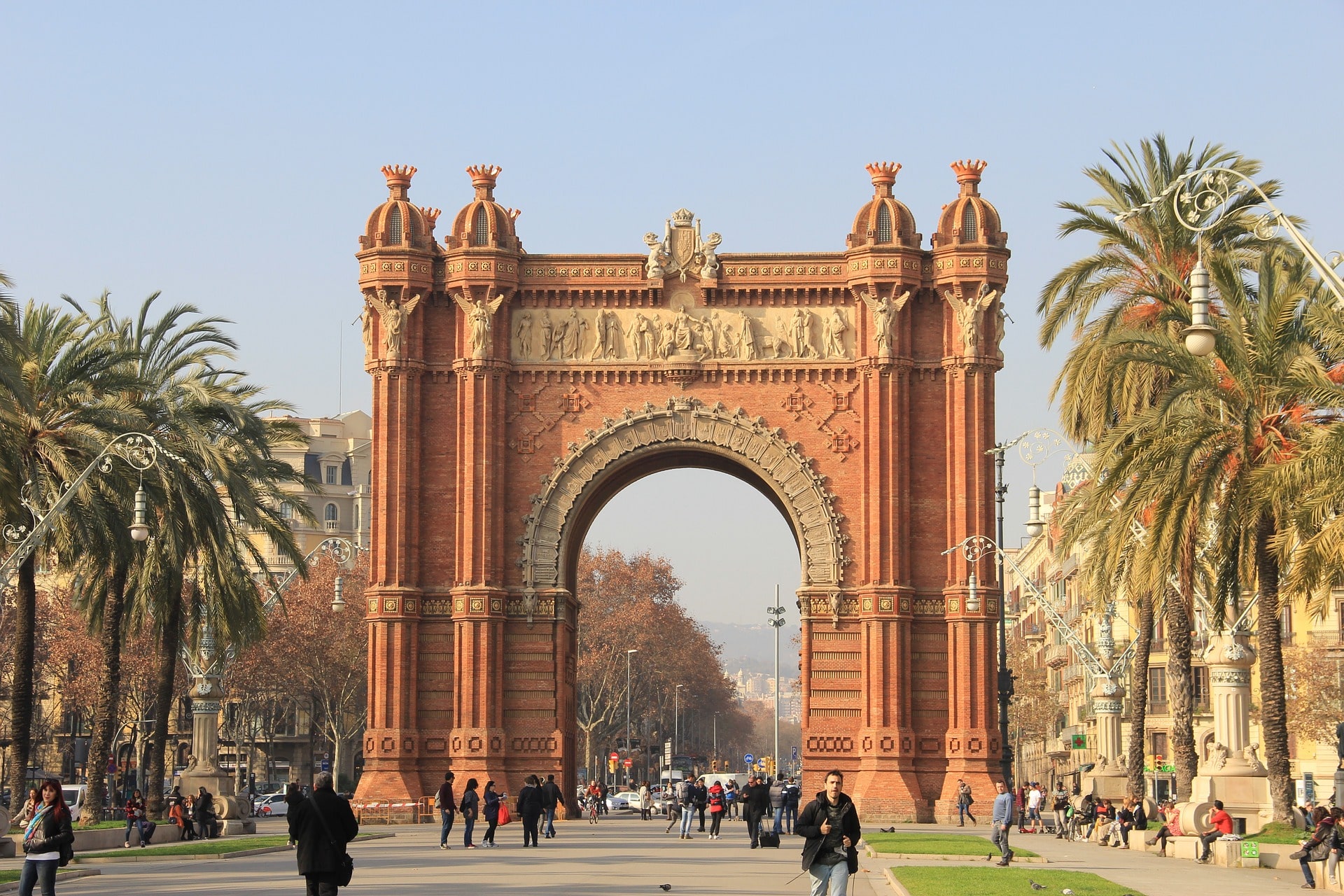
Generally, Spain is considered to be a safe place to visit. In fact, Spain ranks as one of the top 10% of the safest countries in the world.
Locals tell us that you should exercise the same kind of caution you would anywhere else. This is especially true in big cities like Madrid, Barcelona, or any other high-traffic area. Be aware of your surroundings and keep an eye on your belongings—just like you would do at home.
Generally, Spain is a safe place to visit. However, given that Spain is filled with travelers the country also attracts a lot of pickpockets. Locals say they tend to strike in crowded places like bus and train stations.
Our locals recommend keeping your extra cash, credit cards, and passport locked in your hotel safe. Only take what you need when you’re out and about.
These are some common scams that our locals recommend you watch out for:
The trileros scam
This scam is commonly known as the “shell game”. A seated performer will put a ball, pea, or other small objects under a cup or shell, mix the cups or shells around, and ask you to bet which one contains the object. It’s rigged, and you won't win. More importantly, though, it makes the spectators easy targets—while they’re concentrating on following the shells, they’re not concentrating on watching their stuff.
The Rosemary gift scam
In this scam, a Roma (gypsy) woman will offer you a small rosemary plant as a “gift”. Often, she’ll also grab your palm to read your fortune. While you’re distracted, someone may pick your pockets. Or, if she’s working alone, she’ll simply demand money for her “service”.

Public transportation in Spain is really safe and reliable.
Locals tell us that buses, trains, and metros are the best ways to get around Spain. However, they note that you should keep your wits about you when you’re in a crowd—pickpockets will use the close quarters to try to grab your belongings.
It can be overwhelming to figure out transportation in a new country. So take the stress out of travel planning—our locals will provide detailed transit instructions (and ideas for what to do once you arrive at your destination).
All tap water in Spain is safe to drink—but as with any place where you’re not used to the water, you will have to get used to the taste. You may notice a chlorine-like aftertaste in some coastal areas of Spain.
To travel in a more sustainable way, invest in a filtered water bottle that you can carry with you instead of buying bottled water.
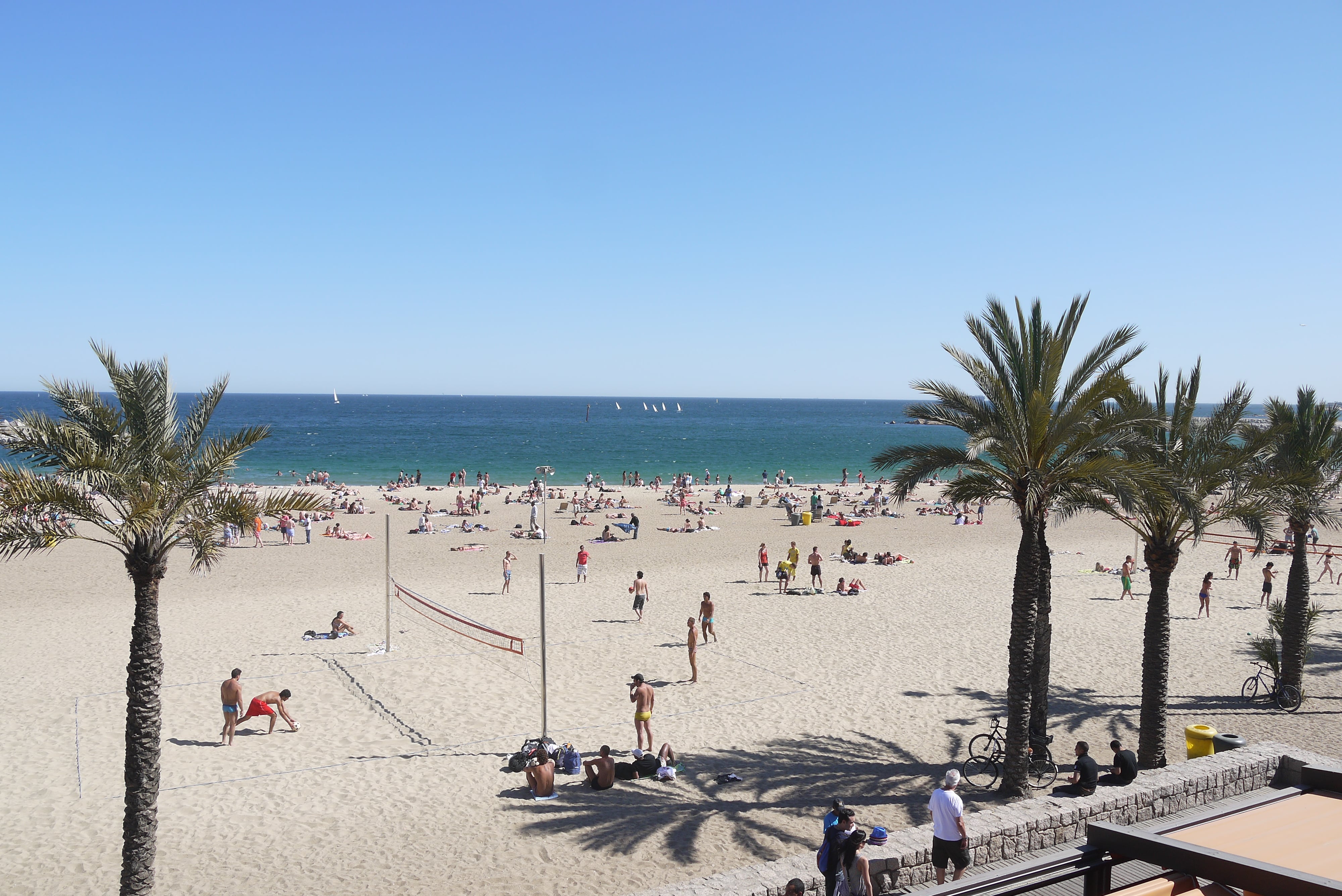
Lying on the beach is one of the more popular things to do in Spain, but locals say to keep a couple of things in mind. The Mediterranean coast is hot and sunstroke is a real concern. Stay hydrated and don’t overdo it with the sangria. Our locals note you should be aware of the flag systems at the beaches:
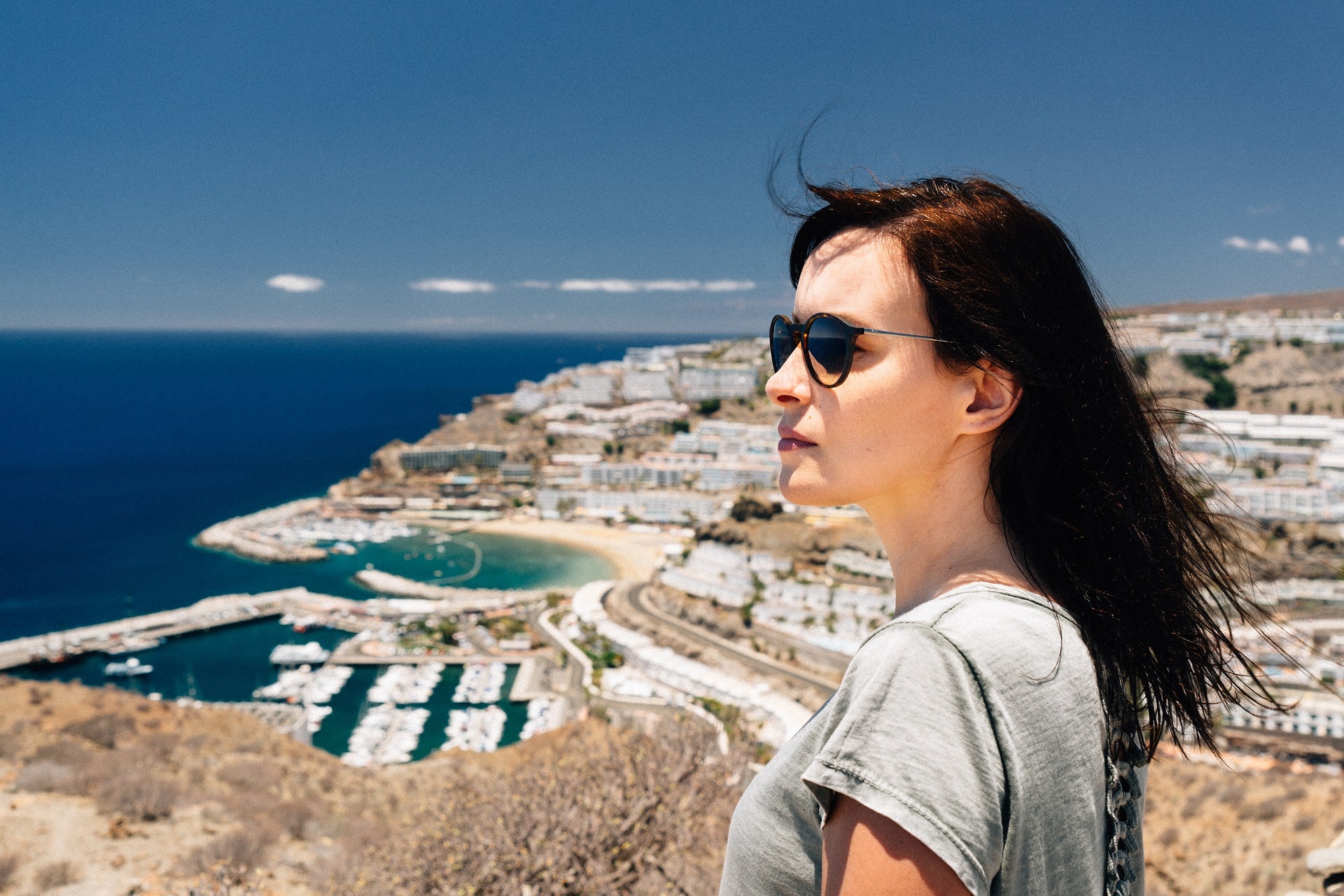
Spain is a great place for solo female travelers. To stay safe as a solo traveler, locals recommend:
Our locals in Spain can explain how they stay safe in their hometown.
Here are some emergency numbers to know in case you run into trouble:
How should we contact you?
Call
Thank you! We'll get back to you as soon as possible!
Click to register and track your question!
If you would like to follow up with us:
+1 (855) 782-3006